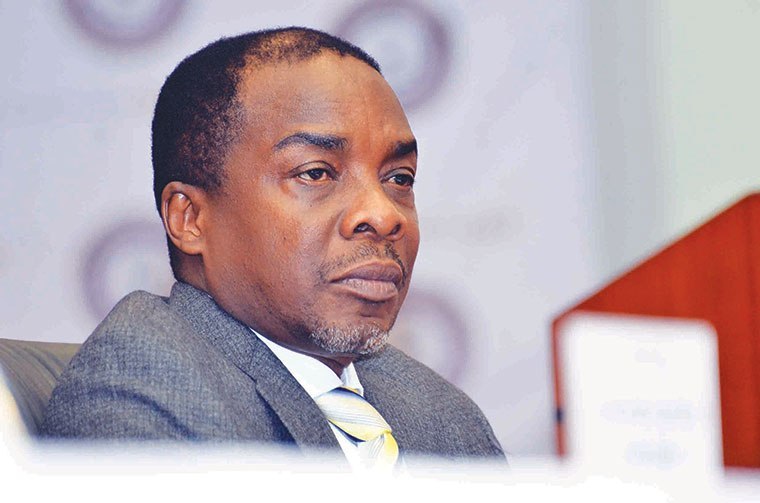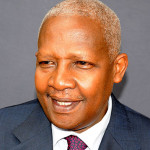The Attorney General, William Byaruhanga, has tabled the long-awaited electoral reforms as directed by the Supreme Court.
In 2016 Supreme Court judges led by the Chief Justice Bart Katureebe ordered the Attorney General to implement ten orders including the tabling of the electoral reforms within two years after the judgement.
The proposals are contained in the Presidential Elections (Amendment) Bill 2019, Parliamentary Elections (Amendment) Bill 2019, Electoral Commission (Amendment) Bill 2019, Political Parties and Organisations (Amendment) Bill 2019 and Local Government (Amendment) 2019.
The bill has been referred to the legal and parliamentary affairs committee for scrutiny. The political parties according to proposal, want powers over its members who intends to stand as independents after losing in internal party elections.
The bill proposes that the parties should not ally with a political pressure groups aiming at fighting against ruling government.
“It is not a proposal to remove one group against the other, there are different proposals, the main purpose is for them to be debated and in the end, a final position will be reached,” said Mr Byaruhanga
He said the government also against the use of cameras and mobile phones at polling stations while the Electoral Commission will be given powers to gazette restricted voting areas. When the proposals are passed by Parliament, the Electoral Commission will be free to tally results in the presence of only five people.
The orders by the court included the need to review the time for holding fresh elections in case a presidential election was nullified.
The judges also made order relating to using modern technology in adducing evidence, the need for equal access to public media, late enactment of relevant electoral legislation, and the involvement of public officers in political campaigns among others.
The Justices thought that the reforms would level the electoral ground by the 2021 general elections so as to avoid anomalies that characterized the previous polls.







